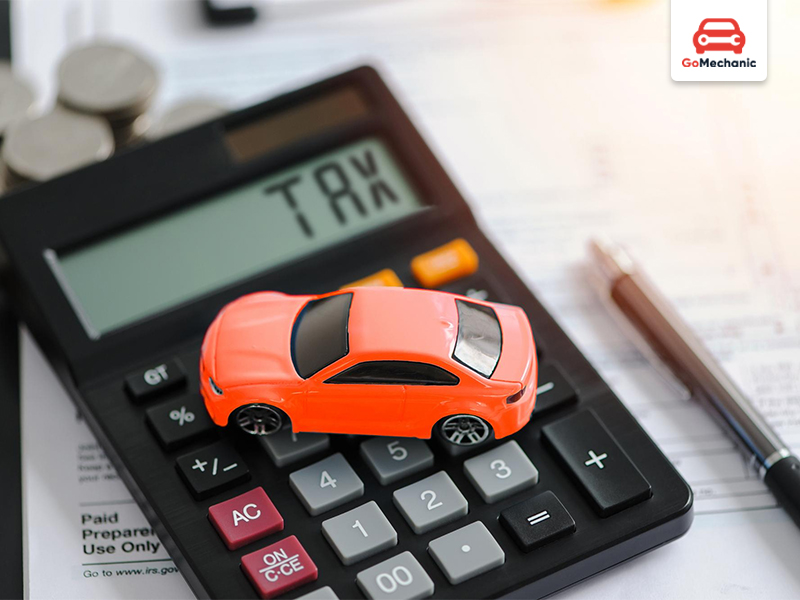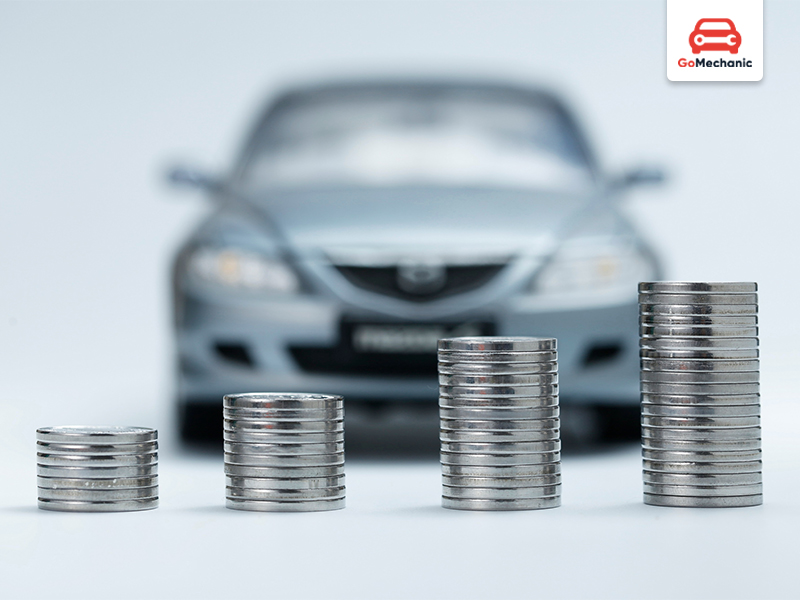The introduction of GST in India during the year 2017 greatly affected the automotive industry. The prices at which new cars were marketed recorded great changes. Being one single indirect tax in place of several taxes like excise duty, VAT, and central sales tax, GST has simplified the taxation structure with a direct influence on the final cost of vehicles.
Understanding GST
Let’s briefly see what GST is before jumping to the impact it has on the prices of new cars. GST refers to the consumption based tax levied on the supply of goods and services in India. Goods and services have variable rates under GST. It depends on the type of goods and services. As far as the prices of cars are concerned, these depend upon many factors. Such as the capacity of the engine, the length of the car, and the kind of fuel used.
Also Read: Ultimate Guide: Buying a New Car
GST Rates on Cars in 2024

What is Cess?
Cess is an additional duty that is imposed in addition to the rate of GST on specific goods and services. As far as cars are concerned, the cess would depend upon the engine capacity of the vehicle. It is to be noted that the rates under a cess head keep on changing very frequently. One needs to check on the latest announcements made by the government and changed tax laws to keep themselves updated about it.
| GST Rate | Cess Rate | |
| Small Cars
(less than 1200cc engine capacity) |
18% | 1% to 3% |
| Mid-Size Cars
(1200cc to 1500cc engine capacity) |
18% | 3% to 12% |
| Large Cars
(over 1500cc engine capacity) |
28% | 21% to 22% |
Impact of GST on Car Prices

- Smarter Tax Structure: Unlike previously, the cumbersome tax framework made it very difficult to gauge the right cost of a car at the last stage. Under GST, this is much easier now. It allows consumers to compare prices and perceive the total cost of ownership.
- Lower Tax Rates: The majority of car models attracted lower combined GST rates than was earlier considered. This means a reduction in new car prices, thereby cushioning consumers from relatively high prices.
- Increased Competition: The easier taxation invited more competition among automobile manufacturers. It led to more reasonable prices and better bargains for consumers.
- Variation in the Effects among Different Segments of Cars: The effect of GST on different car segments varied. While small cars and mid size cars received considerable price cuts, the effect on the luxury cars was minimal due to the greater rate of GST and cess imposed.
- Impact on Electric Vehicles: The government has given electric vehicles incentives by way of lesser GST rates and other subsidiaries. Due to this electric cars have now become more affordable and somewhat attractive to consumers.
Impact of GST on Maintenance Costs

Impact on Spare Parts
- GST Rate: GST must be paid on spare parts used for car maintenance. The rate depends on the type of spare part. It generally lies within the ambit of standard GST slabs.
- Price Hike: Overall, the prices of spare parts increased marginally following the imposition of GST. The reason is that normally the GST rates for spare parts are higher than the combined rate of VAT and excise duty as it was beforehand.
- Uniformity: GST brought the same degree of uniformity in pricing across different states since the same rate of tax is applicable in the whole country. It helps to avoid variations in price due to regional differences in taxes.
Impact on Services
- GST on Services: Repair, servicing, painting of cars, etc., all also invite GST. The rate again may vary based on the nature of the service and at what place it is offered.
- Higher Costs: Sometimes, the overall cost is on the higher side because the charges include GST, especially for major repairs or when heavy servicing is required.
- Bundling: In cases where services are bundled together, some service providers bundle a number of services and apply one single GST rate to the entire bundle. This can actually save the consumers some money.
Also Read: Car Loan Interest Rates Explained
Conclusion
In simple terms, new cars have become reasonably affordable for people in 2024 as GST reduced the overall burden of taxes and streamlined the overall tax regime. No doubt other factors do come into play regarding car prices. But GST is an important factor in determining the final price of the cars. As there is a continuous shift in the automotive industry, it will be interesting to see how GST and many other factors will shape the final price of new cars in the years to come.





